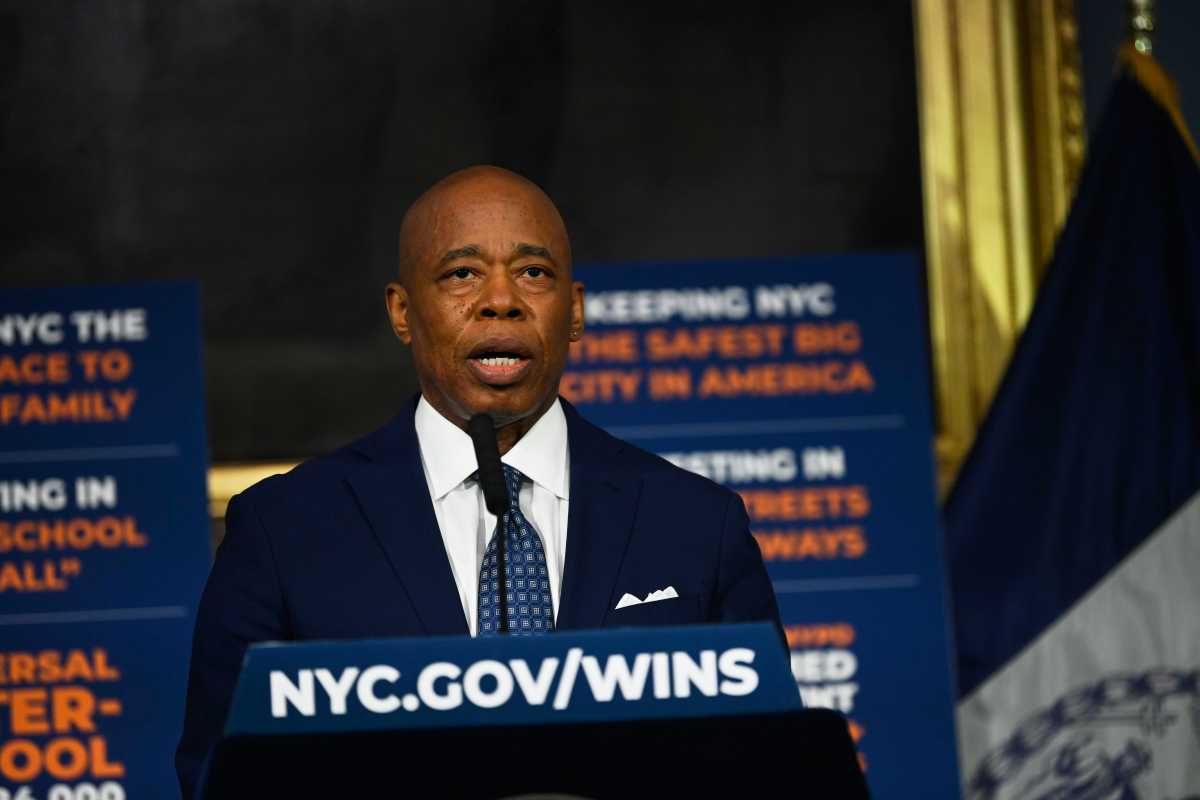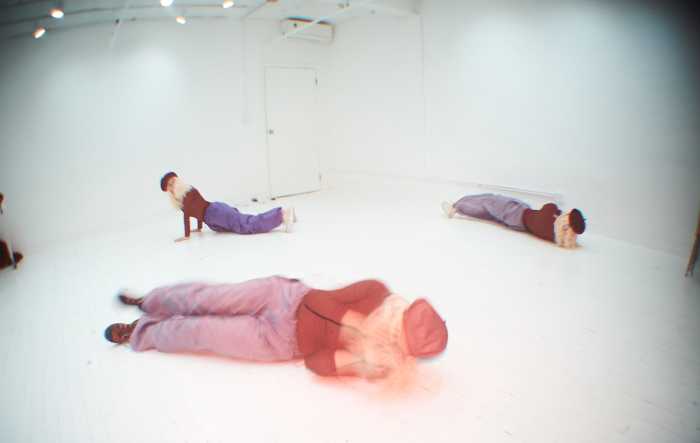By The Greater Astoria Historical Society
Colin Luther Powell was born April 5, 1937, in Harlem to Jamaican immigrant parents Maud Arial and Luther Theophilus Powell. When Powell was 6, the family moved to the Hunts Point section of the South Bronx, the setting for the movie “Fort Apache, the Bronx.” In his memoir “My American Journey,” Powell wrote that while Hunts Point was a tough neighborhood when he was a boy, the extreme social breakdown depicted in “Fort Apache” had not yet set in.
Powell also recounted how as a boy he changed the pronunciation of his first name from the British-Jamaican “Cah-lin” to “Coh-lin” to honor World War II hero Colin P. Kelly, a U.S. Army Air Corps bomber pilot who died fighting the Japanese in the days after the Pearl Harbor attack.
Powell described his father as a hardworking, self-reliant man but also one who dreamt about winning a pile of money in the numbers racket. And while Colin was a student at City College in the mid-1950s, his father finally hit it big, winning $10,000 — worth about $80,000 today. He used the money to buy a home at 183-68 Elmira Ave. in Hollis. Powell characterized Hollis as a “neighborhood in transition” with “whites moving out and blacks moving in.”
While at City College, Powell joined the Pershing Rifles, an ROTC fraternal organization and drill team founded by Gen. John J. Pershing, who commanded the Army during World War I. Even after he had become a general, Powell always kept a pen set he had won for a drill team competition.
Upon graduation from City College, Powell was commissioned as an Army second lieutenant and served in Vietnam, first as a captain advising the South Vietnamese Army from 1962-63 and later in 1968 as a major serving as chief of staff of operations for the Americal Division, or 23rd Infantry Division. He was charged with investigating the 1968 My Lai Massacre, where 347 to 500 unarmed South Vietnamese, primarily women, children and the elderly, were sexually abused, beaten, tortured and killed by soldiers of the Americal Division. Thirty-six years later, Powell told television host Larry King, “I was in the unit that was responsible for My Lai. I got there after My Lai happened. So, in war these sorts of terrible things happen every now and again, but they are still to be deplored.”
By the early 1980s, Powell had become senior military assistant to U.S. Secretary of Defense Caspar Weinberger, whom he assisted during the 1983 invasion of Grenada and 1986 airstrike on Libya. Following the Iran-Contra scandal of 1986-87, Powell became President Ronald Reagan’s National Security Advisor and in 1989 he was selected by President George H.W. Bush to be chairman of the Joint Chiefs of Staff. During his tenure, he oversaw 28 crises, including the December 1989 invasion of Panama and 1991 Persian Gulf War. During this time, he acquired the nickname “the reluctant warrior” because he rarely advocated military intervention as the first solution to an international crisis.
Powell’s experience in military matters made him sought-after as a possible presidential candidate by both major parties, but by the mid-90s he had declared himself a Republican and began campaigning for Republican candidates. In 2001, he was appointed the first African-American secretary of state by President George W. Bush.
Powell came under fire in some quarters for his building the case for the 2003 Iraq invasion. He was initially opposed to a forcible overthrow of Saddam Hussein, preferring a continued policy of containment. But he agreed to go along with the Bush administration’s decision to remove Hussein. Powell addressed a plenary session of the United Nations Feb. 5, 2003, to argue for military action, where he asserted that there could be “no doubt” that Hussein had biological and chemical weapons capability and was working on obtaining nuclear weapons capability as well.
It would subsequently come to light that much of this information Powell used in this address was based upon inaccurate testimony from compromised Iraqi defectors and faulty or doctored intelligence reports. Powell announced his resignation as secretary of state in November 2004. In September 2005, Powell told Barbara Walters that the U.N. speech was a “blot” on his record and went on to say, “It will always be part of my record. It was painful then. It’s painful now.
For more information, call the Greater Astoria Historical Society at 718-278-0700 or visit astorialic.org.



































